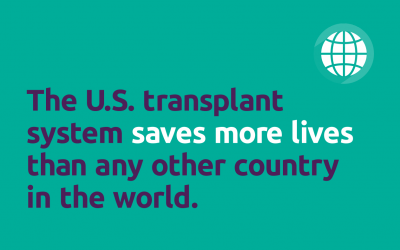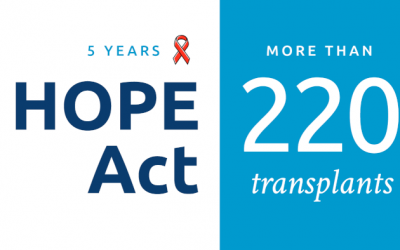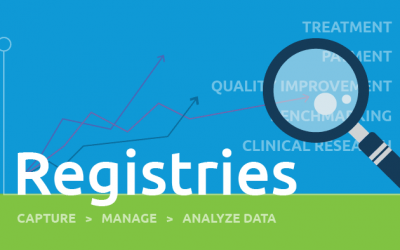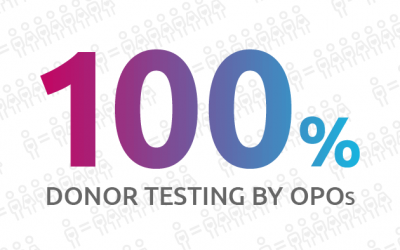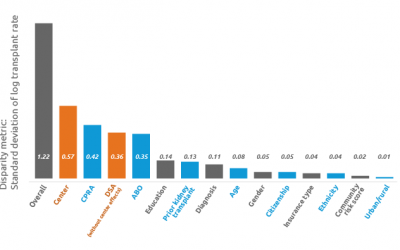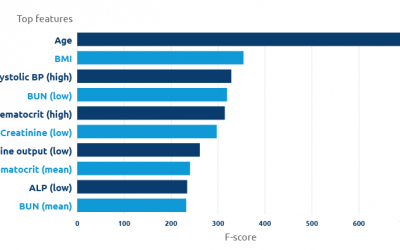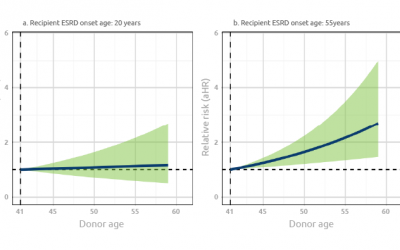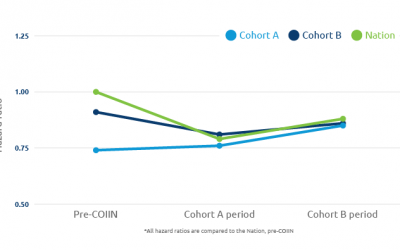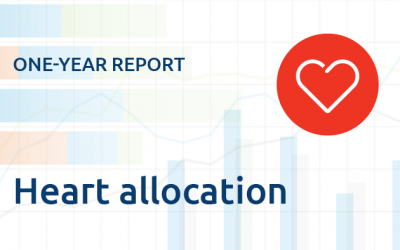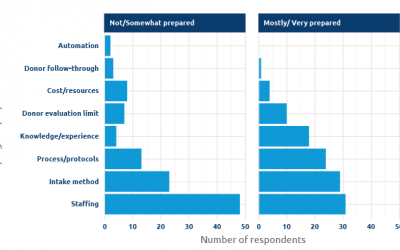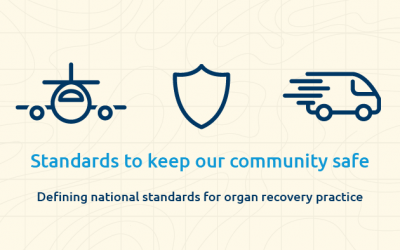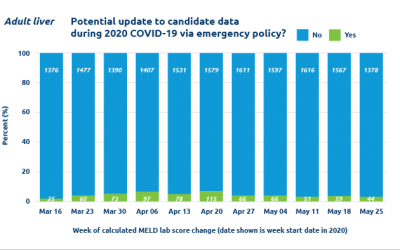In focus
U.S. leads world in rates of deceased donors, key transplant categories
International data ranks U.S. highest in rates of deceased donors and kidney, liver and lung transplants.
HOPE Act impact continues at five-year milestone
More than 220 transplants have been performed to date through the HOPE Act.
Using registries to improve outcomes and transplant management
UNOS builds and hosts registries enabling OPOs and transplant centers to address issues such as treatment, payment, quality improvement, benchmarking and clinical research.
OPO testing of deceased donors for COVID-19 ensures patient safety
Recent report shows 100 percent COVID-19 donor testing by OPOs.
Center effects greatly affect kidney access disparity
Research shows center effects are the top driver of kidney access disparities, but DSA effects still remain
Using machine learning to improve kidney allocation rates
Carlos Martinez and Andrew Placona were among more than two dozen UNOS researchers to present at the 2020 American Transplant Congress.
Investigating familial kidney disease to assess donor risk of ESRD
Research shows a link between a recipient’s age and a relative donor’s age in predicting end-stage renal disease (ESRD) post-donation.
Increasing utilization of moderate-to-high KDPI kidneys
Participating kidney programs performed an increased number of 51-100 percent KDPI transplants while maintaining one-year graft survival rates.
Analyzing adult heart allocation policy
In a recently published article, UNOS-led research found that the new heart allocation policy provides broader access to the most medically urgent candidates.
Gauging social media effectiveness in finding living donors
At the 2020 American Transplant Congress, UNOS and OPTN researchers presented insights of U.S. transplant hospitals using social media campaigns to identify potential living donors.
Making organ recovery transportation safer for transplant teams
Despite a decade since a 2007 fatal plane crash involving a University of Michigan transplant team and pilots, there remain no federal standards regulating air and ground transportation of organ recovery personnel.
COVID-19 policy keeps transplant patients safe, protects medical urgency status
Staff and members collaborated to create emergency policy and IT changes to protect patients and keep the system nimble during the COVID-19 pandemic.

